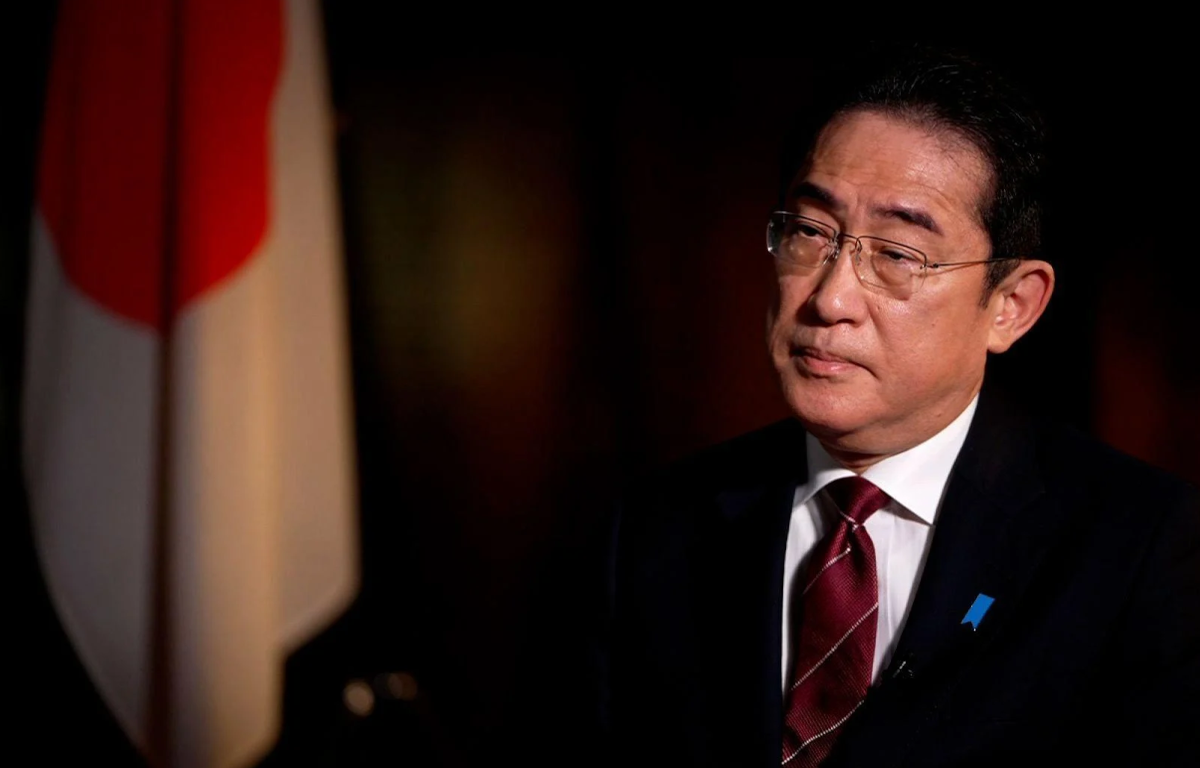
The deal, which was signed on Tuesday, allows the US to build and maintain military facilities on Philippine soil. The agreement is part of the Enhanced Defense Cooperation Agreement (EDCA), which was signed in 2014 and ratified by the Philippine Supreme Court in 2016.
The construction of the bases is expected to take several years and will require billions of dollars in funding. The Philippine government has said that it will not provide any funds for the construction of the bases, but the US has pledged to cover the costs.
The decision to build military bases in the Philippines comes amid growing tensions between the US and China. The two countries have been at odds over issues such as trade, human rights, and territorial disputes in the South China Sea.
The US has been seeking to strengthen its presence in Asia as part of its efforts to counter China’s growing influence in the region. The construction of military bases in the Philippines is seen as a way to achieve this goal.
The Philippines, for its part, sees the deal as a way to enhance its defense capabilities and deter potential threats from China. The country has been involved in territorial disputes with China over islands and reefs in the South China Sea.
The agreement has been welcomed by both the Philippine and US governments. Philippine President Rodrigo Duterte has described the deal as a “milestone” in the country’s history, while US Defense Secretary Lloyd Austin has said that it will “strengthen the US-Philippine alliance.”
However, the deal has also been criticized by some in the Philippines who see it as a threat to the country’s sovereignty. Critics argue that the presence of US military bases could lead to a loss of control over Philippine territory and could drag the country into conflicts that are not in its national interest.
The issue of US military bases in the Philippines has a long and contentious history. The US maintained military bases in the country for several decades after World War II, but they were closed in the early 1990s following a wave of anti-US sentiment in the country.
The Philippines and the US have since maintained a military alliance, but the issue of US military bases has remained a contentious one. The construction of new bases under the EDCA has been met with opposition from some in the Philippines, who see it as a violation of the country’s sovereignty.
The Philippine government has sought to allay these concerns by emphasizing that the agreement is in line with the country’s national interests and will not result in a loss of sovereignty.
Despite these assurances, the issue of US military bases in the Philippines is likely to remain a contentious one. The presence of US military forces in the country has been a sensitive issue for many Filipinos, and any perceived violation of the country’s sovereignty is likely to be met with opposition.
The signing of the deal to build military bases in the Philippines represents a significant development in the US-Philippine alliance. The move is seen as a way to strengthen the US presence in Asia amid tensions with China, while the Philippines sees the deal as a way to enhance its defense capabilities and deter potential threats from China. While the agreement has been welcomed by both governments, it has also been met with opposition from some in the Philippines who see it as a threat to the country’s sovereignty. The issue of US military bases in the Philippines is likely to remain a contentious one, and the construction of new bases is likely to be met with further opposition in the coming years.










Share this: